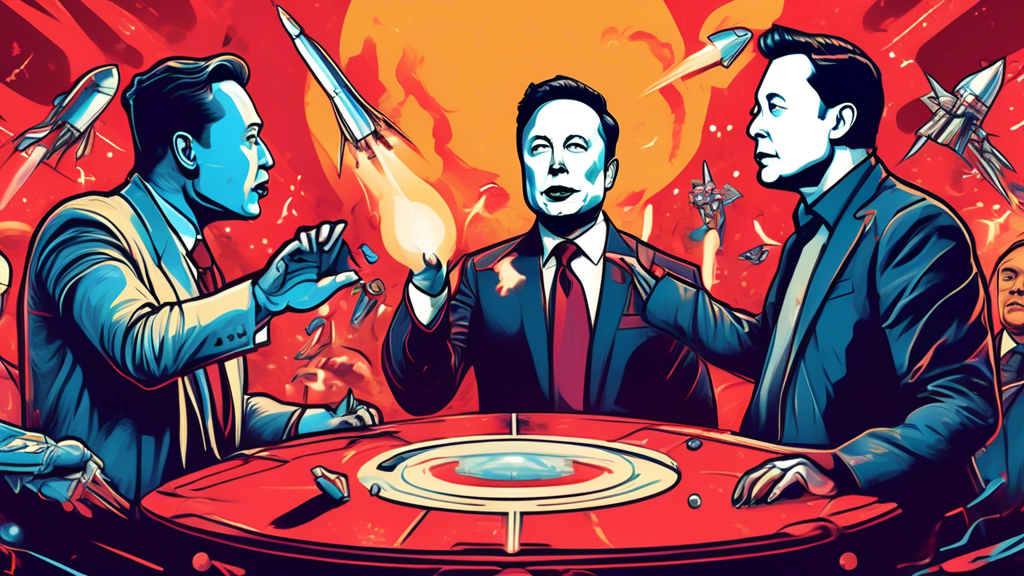
The Vilification of Elon Musk Is About Politics, and Nothing More
Recent discourse surrounding Elon Musk has been characterized by intense criticism and focus from both media and public figures. An article titled The Vilification of Elon Musk Is About Politics, and Nothing More in National Review argues that this negative scrutiny is primarily motivated by political agendas rather than genuine concerns about his actions or policies. The article delineates several key facets of this phenomenon.
Political Motivations
The heart of the article’s argument lies in its assertion that the backlash against Musk is largely politically driven. It suggests that Musk’s outspoken political views and his prominent role in shaping public discourse have made him a target of disdain. The criticism he faces is portrayed not as a reaction to his business practices or social contributions, but as a result of his divergence from accepted political norms, particularly in relation to progressive agendas.
Media Bias and Selective Outrage
A significant portion of the article addresses perceived media bias in how Musk is covered. The author asserts that the media often exhibits selective outrage, singling out Musk for criticism that would typically be overlooked if similar statements or actions came from individuals with ideologies more aligned with dominant media narratives. This selective treatment, the article argues, reflects broader political biases and illustrates a double standard in public discourse.
Free Speech and Censorship
The theme of free speech emerges as a critical point in the article. It posits that attacks on Musk signify a broader effort to censor individuals whose opinions challenge the prevailing narrative. Musk’s tendency to express controversial views is framed as a threat to those who wish to maintain control over public discourse, positioning his vilification within a context of political censorship.
Influence and Visibility
Musk’s considerable influence and visibility also contribute to the scrutiny he faces, according to the article. His capacity to shape public opinion, as well as his engagement in high-profile debates, are cited as factors that elevate him to a target for criticism. The piece suggests that this prominence incites not only adulation but also animosity, especially from those who may feel threatened by his influence.
Double Standards
Finally, the article emphasizes the double standards in treatment that Musk encounters compared to other public figures. It argues that similar actions or statements from those whose political views align more closely with mainstream ideologies often escape the same level of condemnation. This disparity serves to illustrate the politically charged nature of the criticism aimed at Musk.
In summary, the article contends that the derogatory treatment of Elon Musk is not a reflection of the substance of his actions or statements, but rather a manifestation of political agendas. As his influence continues to grow, so too does the scrutiny he attracts, revealing the complex interplay of politics and public perception in contemporary discourse.
